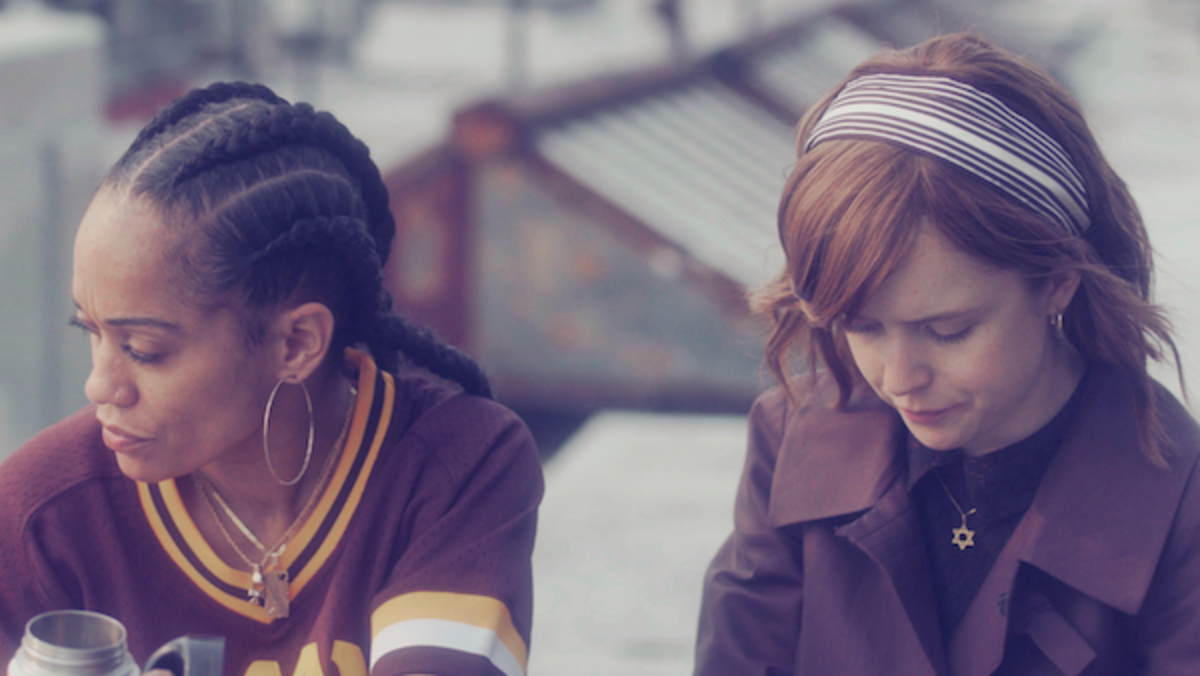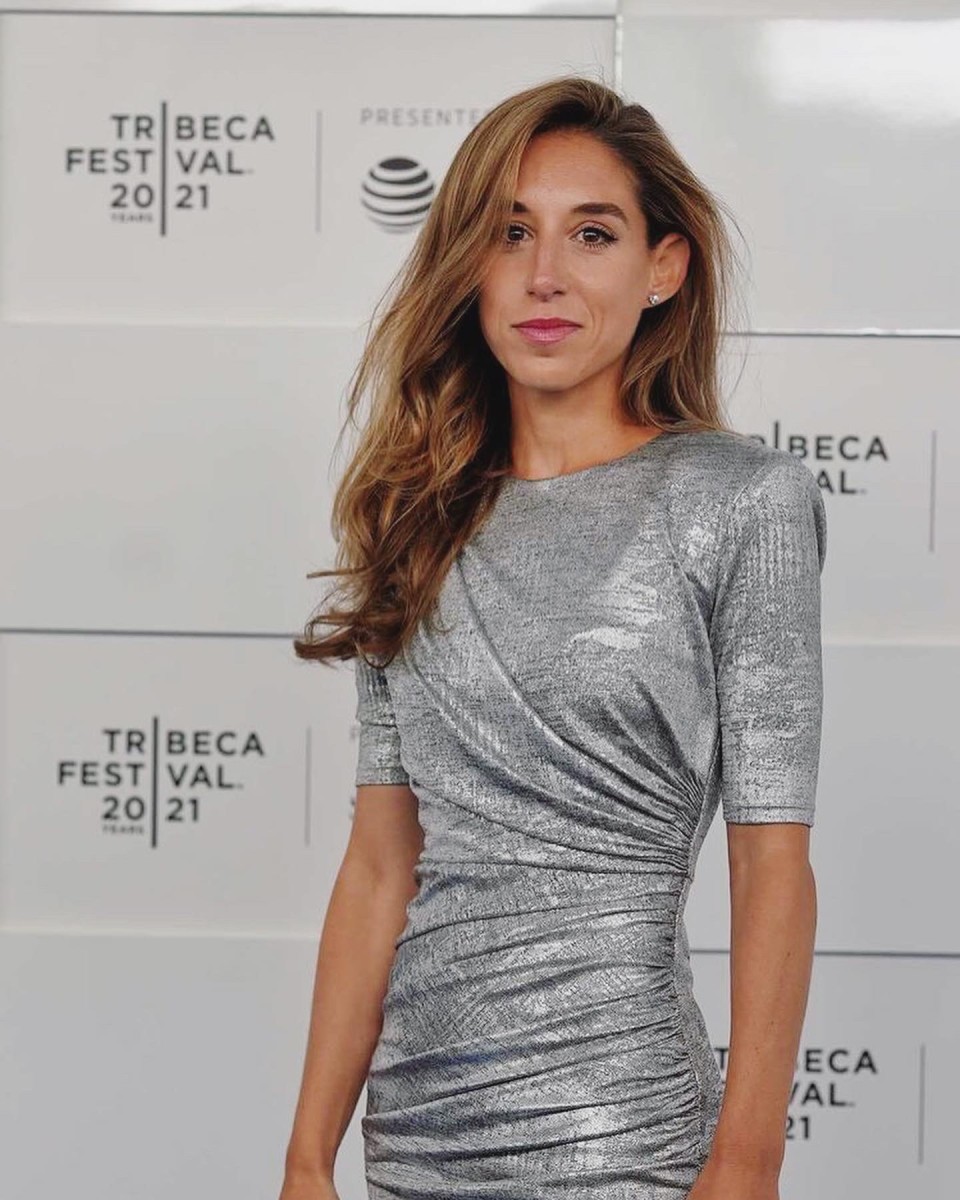
“As a second-generation immigrant, I am interested in identity and the excavation of the “self” amidst societal and cultural norms. As a result, my films are roadmaps of conflicting emotional and physical expression that occupies that space “in-between.”
— Stephanie Bollag
I spoke with Stephanie Bollag during the Tribeca Film Festival where her short film Esther in Wonderland had its world premiere in the New York, New York 2021 program. We discussed her current and past work, influences, and her experience at NYU film school.
Stephanie Bollag is an award-winning director, writer and producer from Zurich, Switzerland based in New York City. Her short films won a number of Jury and Best Short awards at festivals worldwide. She previously worked in film in Switzerland, the UK and Israel, where she assistant-directed the Oscar-nominated Israeli drama Beaufort.
[Interview with ‘Souad’ Egyptian Filmmaker Ayten Amin]
Set against the racial tensions of 1991 Crown Heights, Esther In Wonderland depicts two seemingly opposing cultures through the eyes of a Hasidic young woman. Drawn to the expressiveness of hip hop and breakdance, Esther tests the boundaries of her restricted existence as a young married woman in a Hasidic community in 1990s Crown Heights.
Kouguell: Your short screenplay Esther In Wonderland won first place at the 2019 Atlanta Film Festival and the 2018 Shore Scripts Screenplay Competition. Let’s talk about the genesis of this project.
Bollag: It started four years ago. I met a break dancer and together every weekend we went to (dance) battles and the story organically came to be. Esther’s story is stuck in this world where she can’t express herself. This was a theme in all my shorts. My dad, who worked in the fashion industry, studied to be a rabbi and Judaism has been a big part of my life. I merged these ideas together.
Kouguell: Your integration of found footage from 1990s New York City seamlessly worked to set the tone, atmosphere and setting of your film.
Bollag: The idea of using the footage was not in the script. The choice was to add layers of identity and music and genre. I already shot 8mm and digital, and I thought why not add another layer of time, texture and material. So many people were naysayers but my editor was very open to this idea to add this footage.

Kouguell: You’re a classically trained painter with a background in dance and fashion. You describe your work as a quilt of cultural and textural influences that range from visceral to narrative storytelling.
Bollag: I’m very visual in my thinking and how I remember things are through textures and pictures. I grew up going to museums; the emotional impact of beauty and pain are so close together.
[Defining History ‘No Ordinary Life’ Interview With Documentary Filmmaker Heather O’Neill]
Kouguell: Your film offers minimal backstory through dialogue about your main characters, which was a strong choice. It will be interesting to see how you expand upon this in your feature.
Bollag: In the feature we will find out more information about how the characters know each other, their communities and conflicts, as well as the racial tensions. I love when there are many questions and the audience has their own answers.
Kouguell: Tell me about your experience in film school.
Bollag: We had strong filmmakers in my class, and we had very open and honest discussions. It was very formative to me as an artist.
Our professors emphasized learning story structure and that was really good. One professor said to me, you’re asking too much of your actors so you need to explain things more in your script, and I thought no, you don’t have to wait until you’re working with Meryl Streep. You can make actors do what you want with little words.
Kouguell: Speaking as a screenwriting and film professor, I know firsthand that not every professor is a good fit for every student. That said, I find it important for students to get out of their comfort zones and take classes with professors who might not be an obvious choice for them.
Bollag: Yes.It’s important to choose a teacher who doesn’t have your style or someone you’re scared of.
Kouguell: Advice to screenwriters and filmmakers?
Bollag: Build your voice. Stay true to your voice and find the best way to express it.
